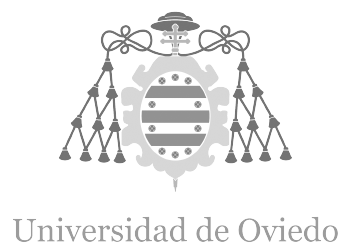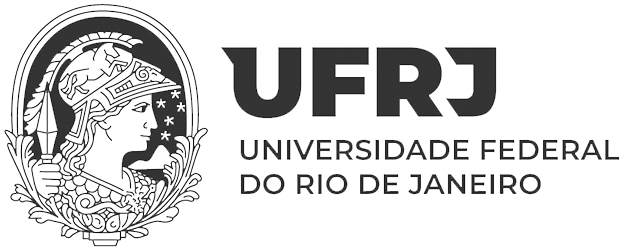Antecedents
Executive functions (EFs) are the basis for establishing a goal and working towards that goal by coordinating thoughts and actions. EFs are fundamental to several aspects of daily life, specifically for academic performance.
Aim
To analyse and compare the development of EFs in the transition period between the first and second cycles of early childhood education.
Methodology
Non-experimental methodology, ex post facto design, descriptive, cross-sectional evolution study.
Participants
Preschoolers of different educational levels (first and second cycle of infant education). In this study, the participants were evaluated by different informants: 54.42% by parents and 45.58% by teachers. In relation to gender, 52.65% were male and 47.35% were female. In relation to age, 37.54% had a range of 2–3 years and 62.46% had a range of 4–5 years.
Measurement
The instrumental development of EFs was evaluated using BRIEF-P by key informants.
Results
Preschoolers in the first cycle showed significantly higher scores than preschoolers in the second cycle in BRIEP-P.
Conclusions
The development of EFs is key in these first key moments, having a special impact on later development and academic performance. It is necessary to work on EFs from the first cycle of early childhood education, considering the evolutionary development of EFs.












